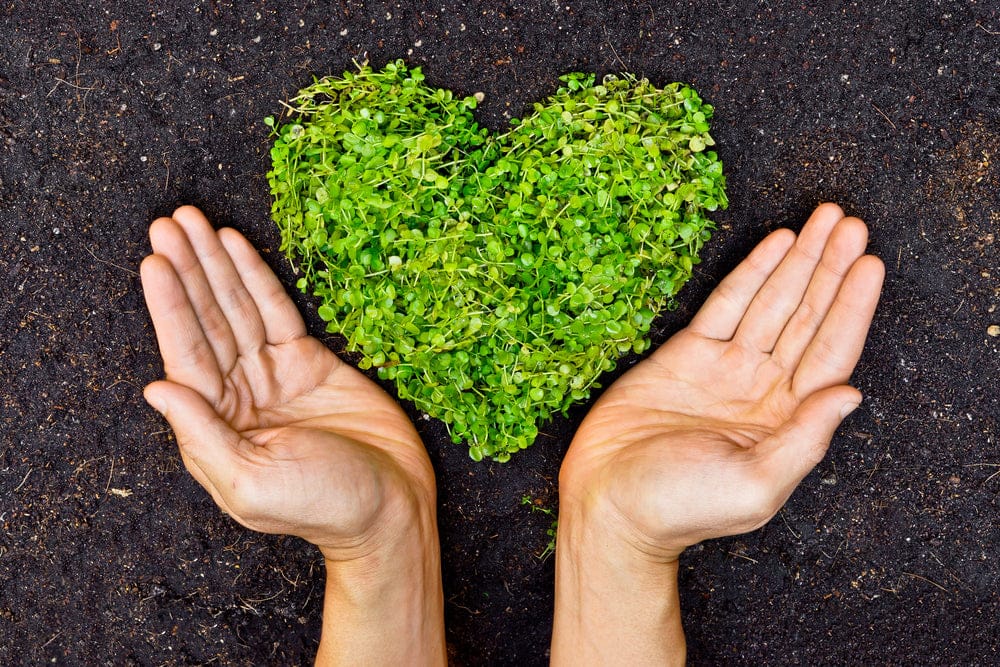Let’s be honest people don’t want to support brands that treat the planet like a landfill. Shoppers today expect more, and they’re asking tougher questions about where their money goes.

It’s no longer enough for companies to sell decent products; they have to prove those products aren’t doing unnecessary damage along the way. Sustainability isn’t a marketing angle anymore, it’s the cost of staying relevant.
Why This Actually Matters
Every purchase leaves a trail. From the raw materials to the packaging to the shipping, every step has an impact. When brands ignore this, it shows up as overflowing landfills, polluted water, and workers being underpaid or exploited. Customers aren’t blind to it anymore, and they’re not giving companies a free pass. Supporting businesses that ignore their footprint is basically voting for more of the same. And honestly, no one wants to fund a brand that’s stuck in the past.
Brands That Walk the Talk
Ethical Superstore has carved out a unique space by making sustainable shopping easy and accessible. Instead of customers spending hours researching which products are responsibly made, Ethical Superstore does the heavy lifting. From fair trade food and clothing to eco-friendly cleaning supplies, they’ve created a one-stop shop for people who want their values reflected in their purchases. That transparency and convenience builds trust, and trust builds loyalty.

Arena Flowers is another example of a brand refusing to do business the old way. Floristry has long been tied to waste plastic wraps, non-recyclable packaging, and questionable supply chains. Arena Flowers flipped that script by becoming the UK’s most ethical florist. They source responsibly, cut out unnecessary plastic, and make sure workers in their supply chain are treated fairly. The message is clear: beauty doesn’t have to come at the earth’s expense. And customers have responded by making Arena one of the most trusted names in its industry.

These aren’t niche, “feel good” companies they’re proof that responsibility can scale. Their success shows that ethics and profits can go hand in hand when a brand commits to doing better.
What Consumers Expect Now
Modern shoppers want details, not greenwashed buzzwords. They’re asking how things are made, where materials come from, whether packaging is recyclable, and what the long-term impact is. Vague labels like “eco-friendly” or “sustainable” don’t cut it anymore. People want receipts, and they’ll happily switch brands if they don’t get them.
This shift is huge because it means consumers are holding companies accountable in real time. A brand can no longer hide poor practices behind clever marketing social media will call it out, and once trust is gone, rebuilding it is nearly impossible.
The Business Case for Caring
There’s a myth that sustainable practices are too expensive to be realistic. That’s just outdated thinking. Smarter supply chains reduce waste, which means lower costs. Eco-friendly packaging often saves money in the long run. And most importantly, customers are willing to pay more for products that align with their values. Ethical Superstore and Arena Flowers aren’t thriving in spite of their eco-commitments, they’re thriving because of them.
Sustainability isn’t a drag on profits, it’s insurance against being left behind. Brands that embrace it now aren’t just doing the right thing, they’re securing their future.

Brands that damage the earth are damaging themselves. Customers want better, and they’re rewarding companies that prove they’re serious about change. Ethical Superstore and Arena Flowers are proof that doing right by the planet isn’t just possible, it’s profitable. The brands that adapt will keep their customers and build long-term trust. The ones that don’t? They’ll be remembered for what they took, not for what they gave back.
The takeaway is simple: protecting the earth isn’t optional for brands anymore it’s the price of admission to the future.
